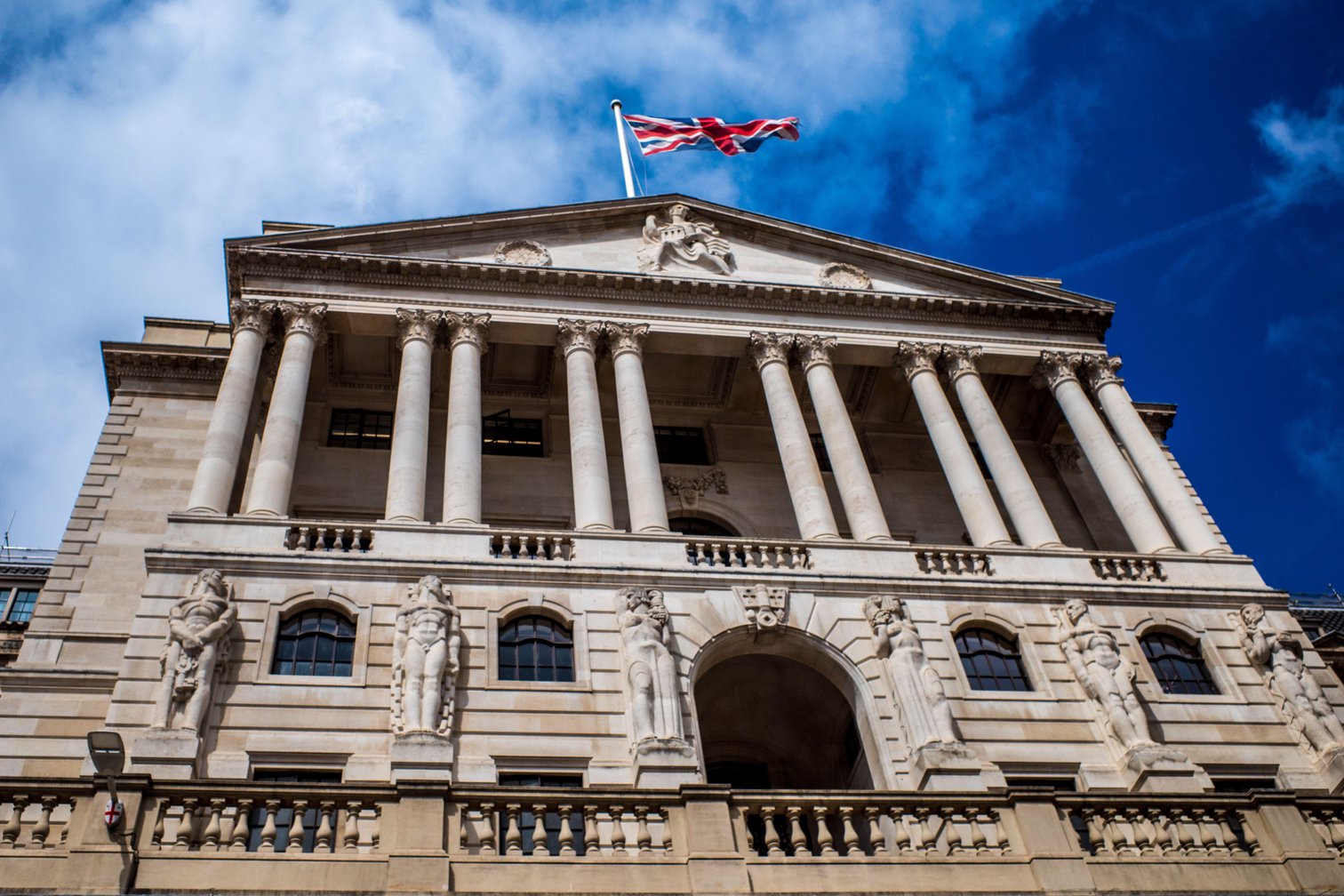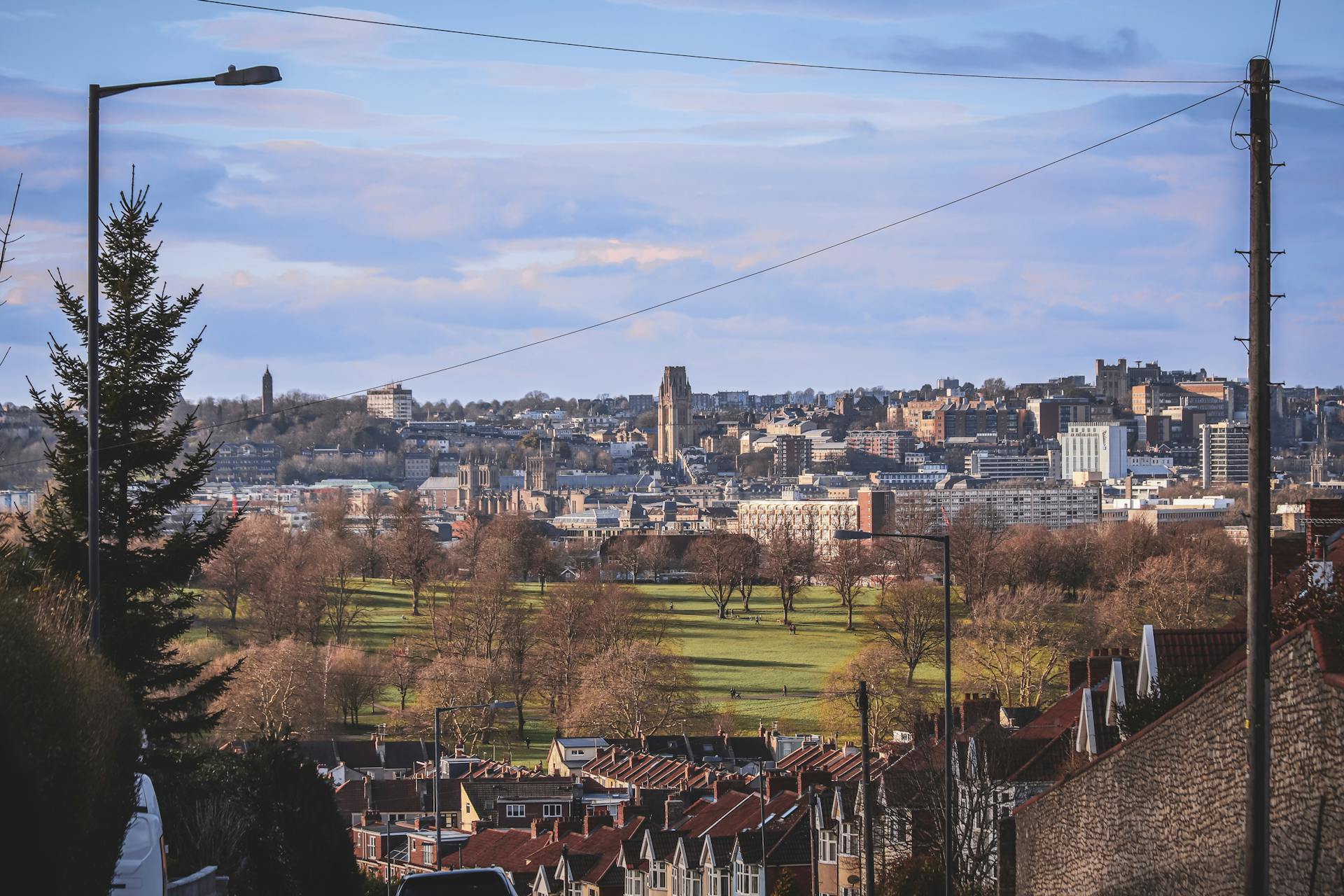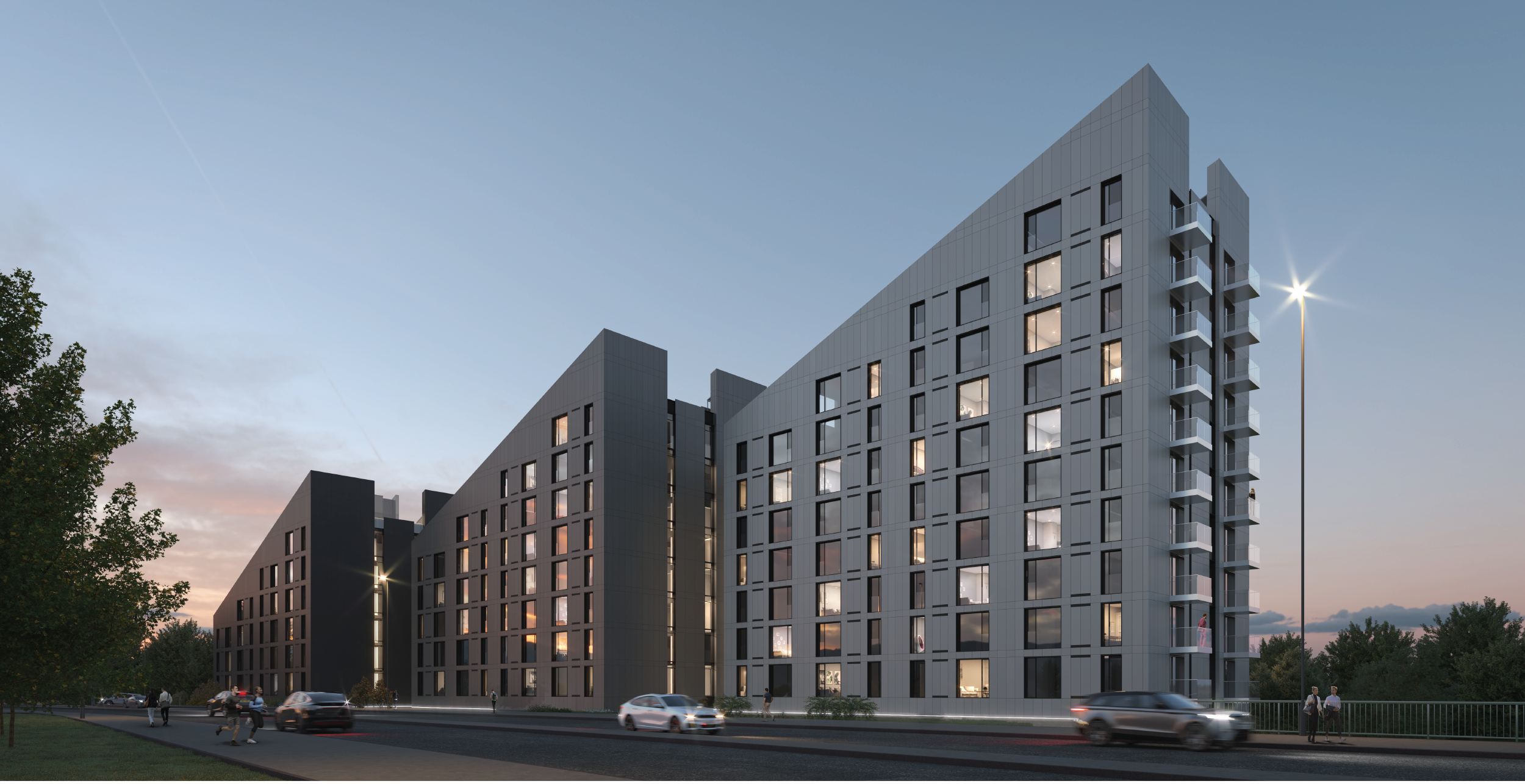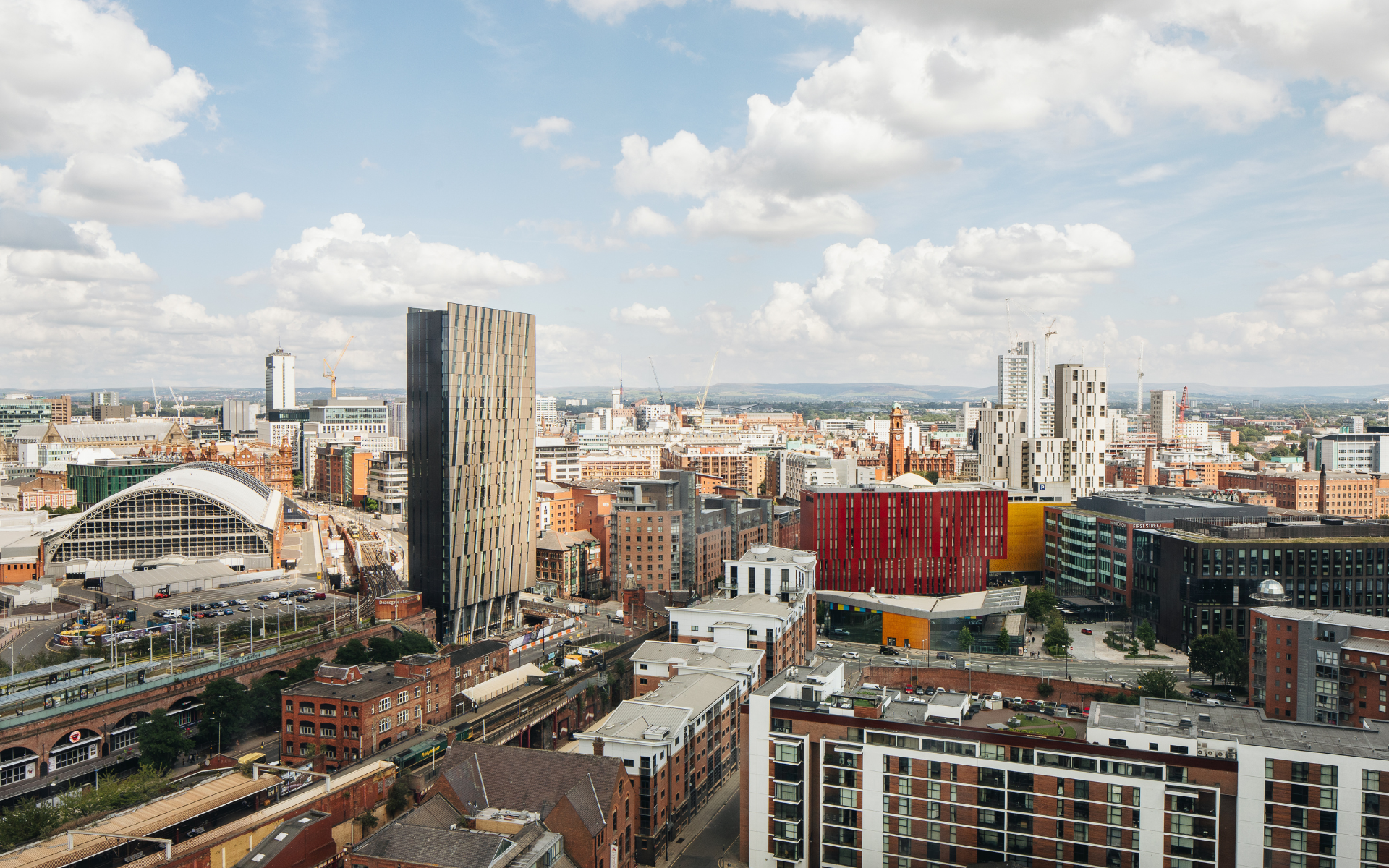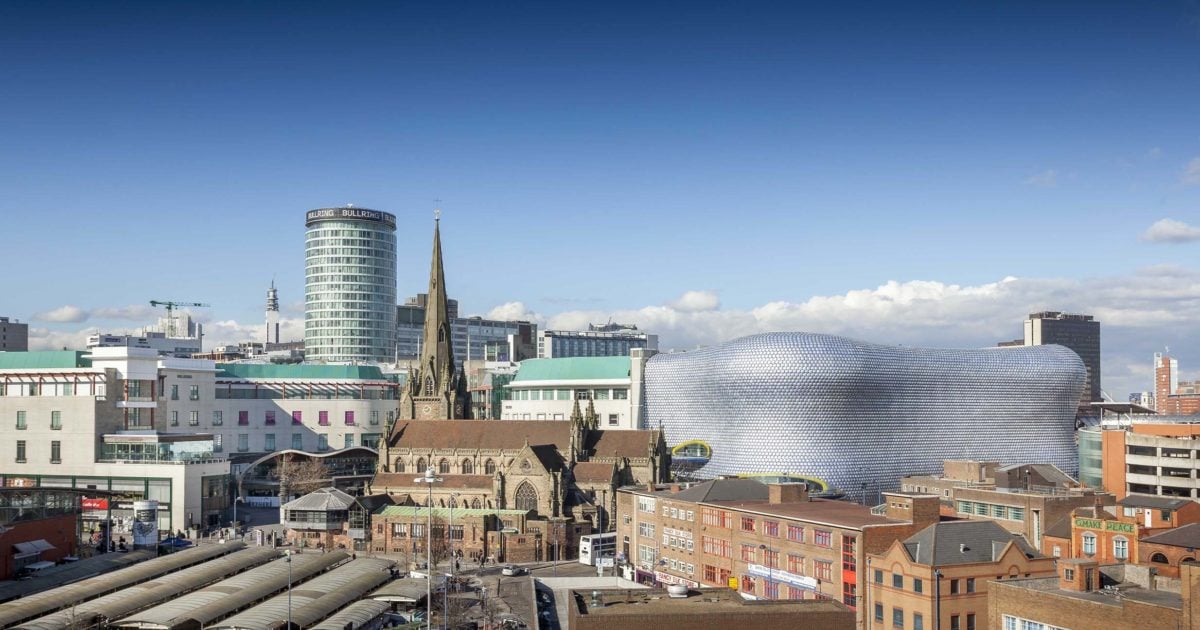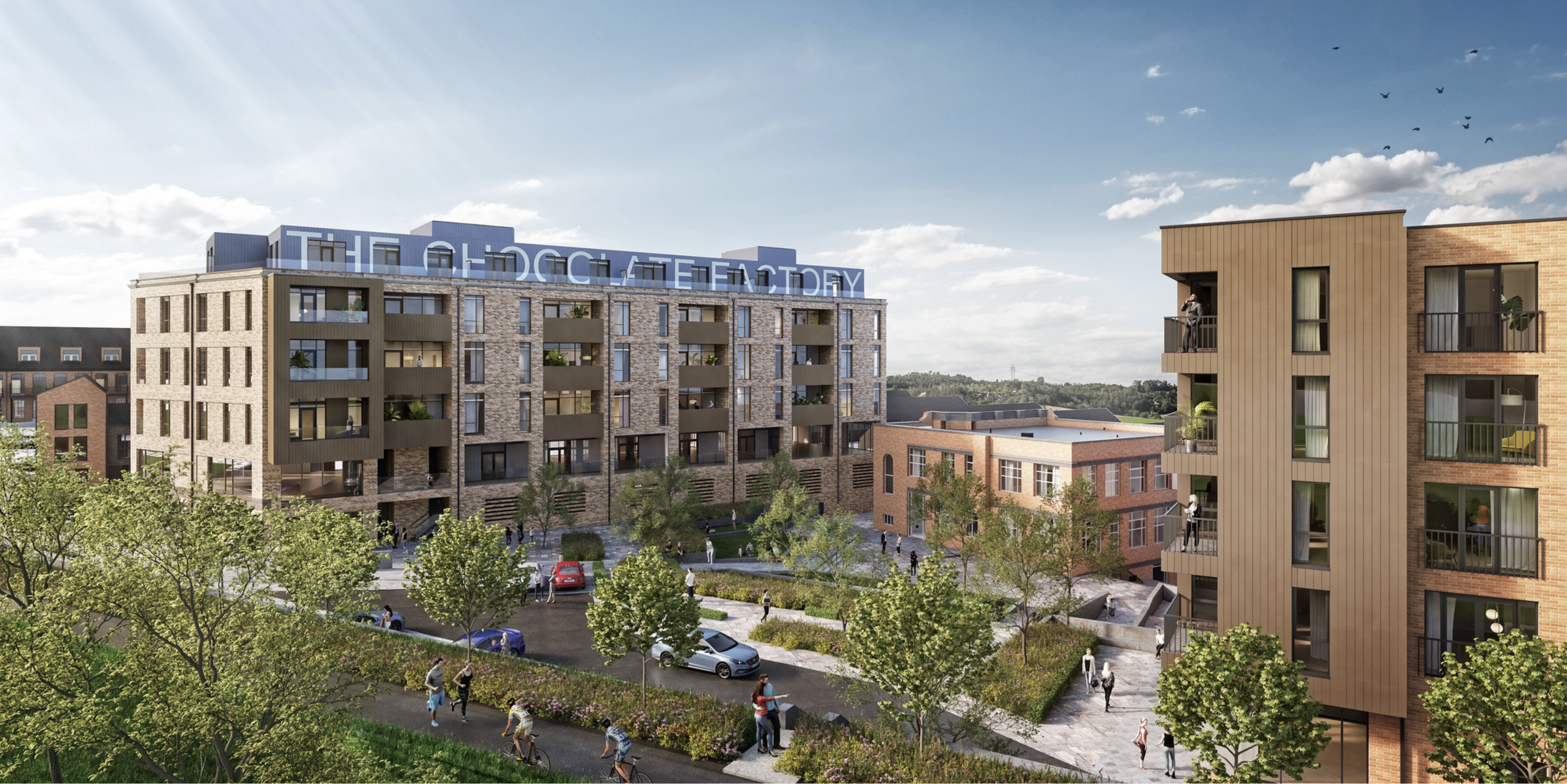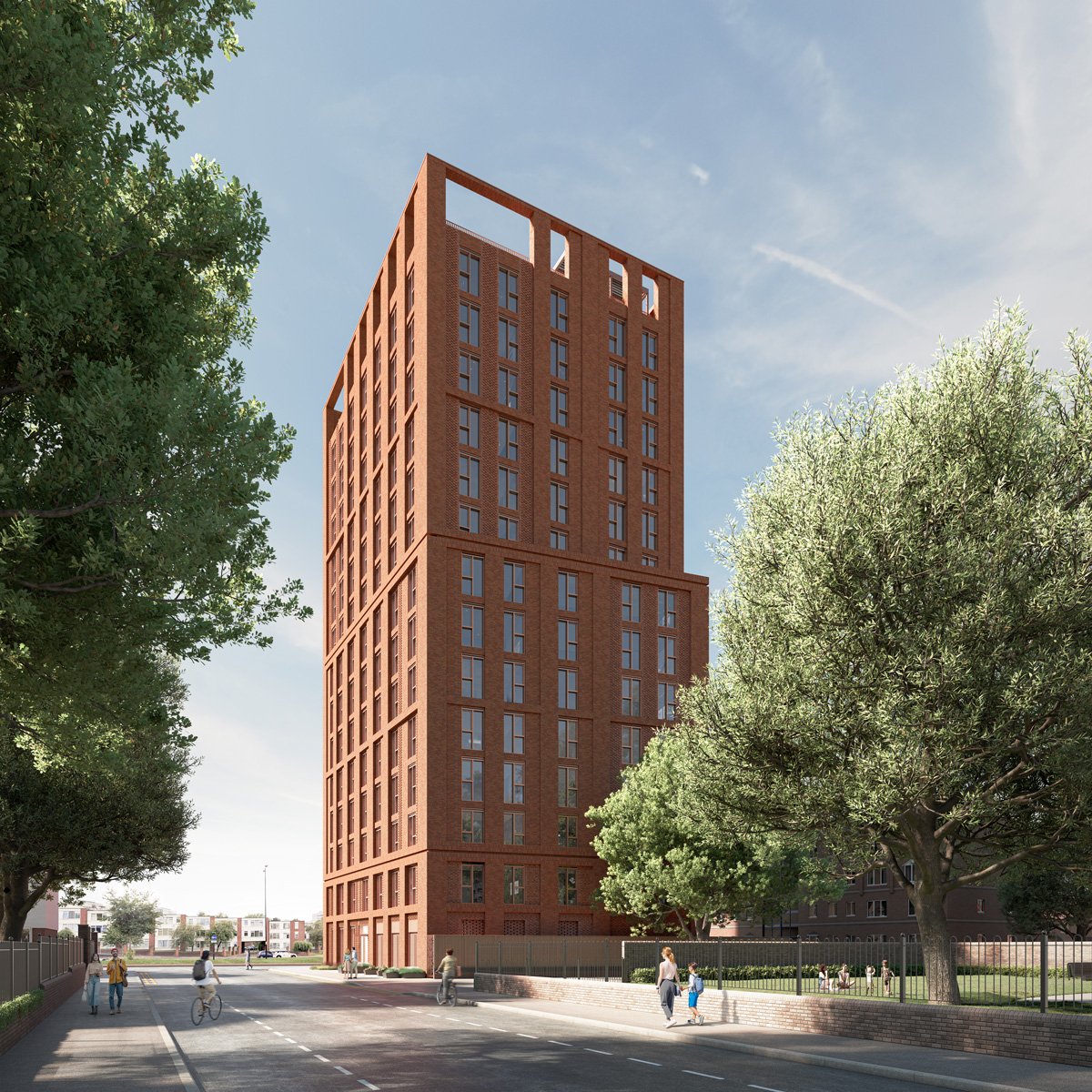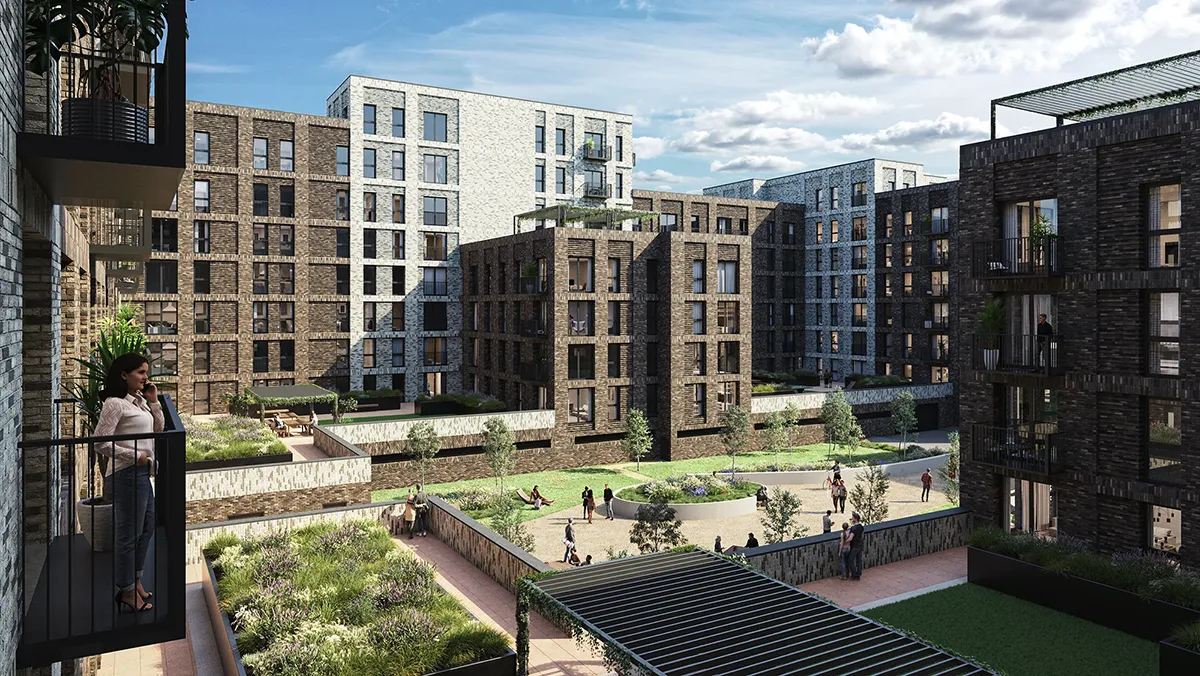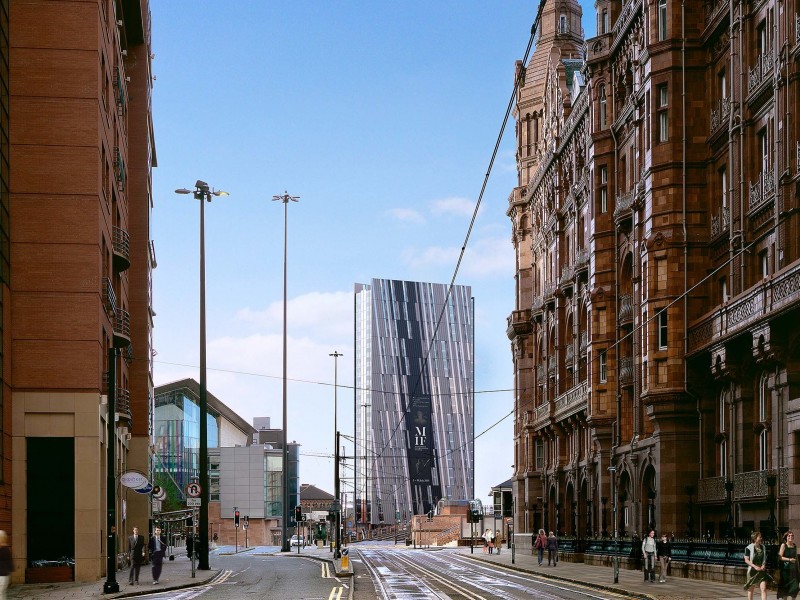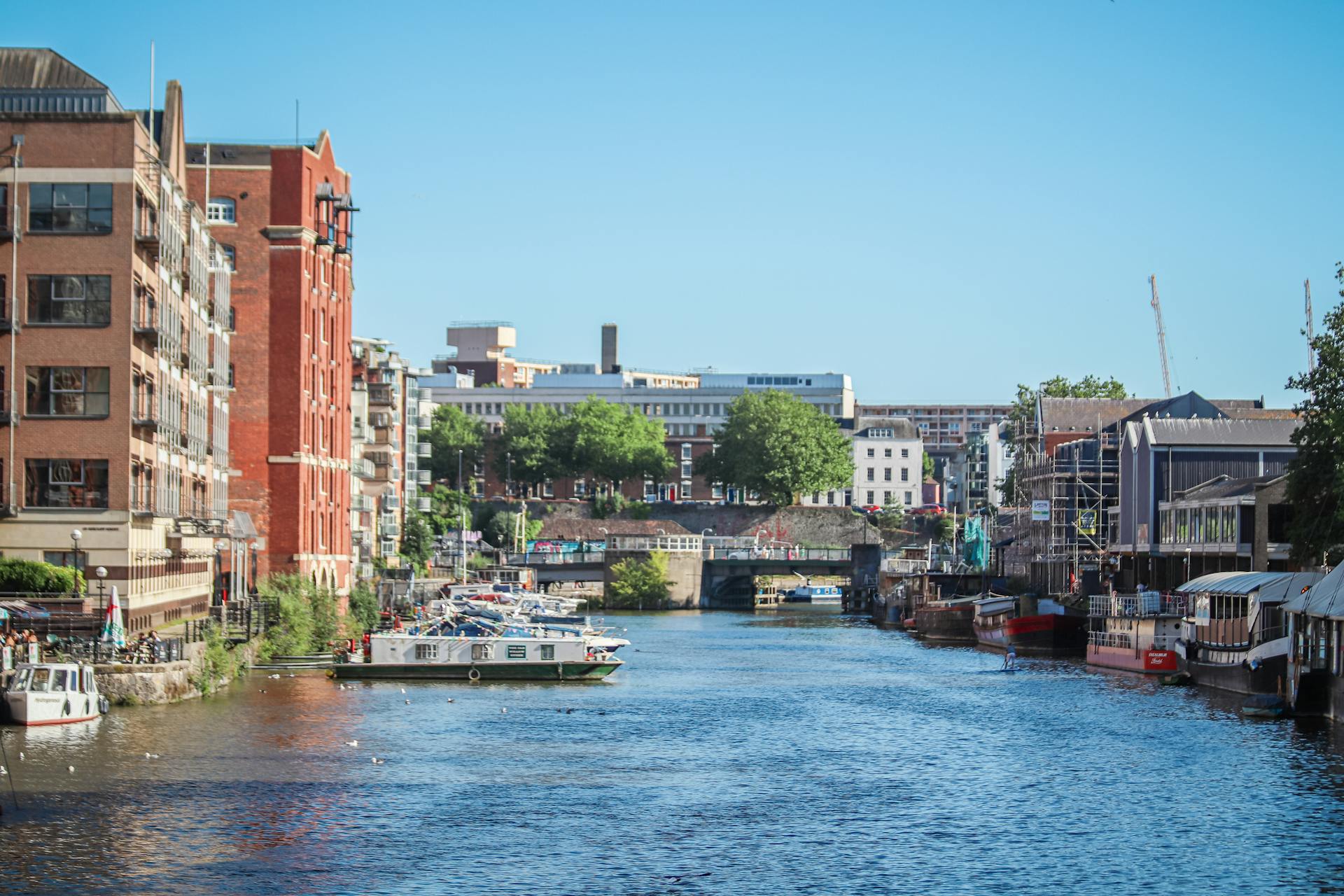Manchester: The migration of big businesses and the positive effect…
Over the past few years, Manchester has grown from strength to strength as the ‘Capital City of the North’. Since the ‘Northern Powerhouse’ term was coined five years ago, a wave of public and private sector firms have relocated their operations to the city. This has resulted in a surge of interest and demand for accommodation, drastically increasing the value of Manchester properties.
Manchester has always been a place of commercial progression. During the Industrial Revolution in the late 18th and early 19th century, the city’s location made it perfect for water-powered cotton mills. Its immense success resulted in the nickname ‘Cottonopolis’ and the city became world-renowned for its cotton production. Even to this day, Australians still refer to cotton bedding as ‘Manchester’.
The city was also the birthplace of Vimto, The Co-operative Group and Rolls-Royce, amongst many other commercial giants, but it’s only more recently that the rest of the world has taken note of the opportunity Manchester presents.
In this article we outline how Manchester has become a major hub for businesses, and how this has impacted the city’s property market.
The rise of Manchester as a global hub for big businesses
One of the catalysts for the movement of big businesses to Manchester was the creation of MediaCityUK in 2011. This new business hub triggered the mass relocation of companies to the North West, most notably attracting the BBC to move some of their operations out of London. Since the development of MediaCityUK, the wider Manchester area has seen ITV, HSBC, Google and Microsoft migrate their headquarters or open officesthe area, creating a new entertainment and technology hub outside of the capital.
This continual migration of businesses into the city now means Manchester is home to 80 of the FTSE 100 companies. This growth is then in turn fuelling demand for high specification and high quality office space, making it an attractive place for companies to set up offices and for people to work.
The rate of businesses moving all, or a significant proportion of their operations to Manchester also shows no sign of slowing down. With global giants like Amazon set to join the number of mega corporations ‘north-shoring’ in the city, and countless small and medium sized businesses following in their footsteps. It is reported that Amazon alone will create 600 new job opportunities at their new city centre headquarters, while 110,000 new jobs are predicted to be created in the Greater Manchester area by 2024 as a result of further businesses relocating.
As well as the significant business growth in Manchester, the supporting infrastructure and transport links have also grown and expanded to better serve those living in the city and its suburbs. The introduction of a London-style zone system for Manchester’s tram network and the unveiling of Beelines (accessible cycle routes) is making it easier for businesses to attract workers and be flexible in their office location. It also demonstrates that the city is preparing for the size it will become in the future, not just for what infrastructure is needed today.
Due to the rapid expansion and growth of Manchester, this means the city is now competing on an international level with its considerably bigger European counterparts for commercial profitability. Between 2010 and 2016 alone, the local economy grew by 17.6% and is expected to grow an additional 15% between 2017 and 2024.
Manchester’s surge in interest among young professionals
The influx of established major brands relocating to Manchester is not the only driving force behind an ever increasing jobs market, as Manchester is fast establishing itself as a major hub for popular fashion brands which are becoming globally recognised names in their own right.
In recent years companies like Boohoo, Pretty Little Thing and Misguided (to name but a few) have all been established in Manchester. This influx of new industries combined with the relocation of big business has given a significant boost to employment in the North West. In the first quarter of this year, employment rate rose from 71% to 75% as a direct result of increasing and diversifying employment opportunities in the city.
The city’s graduate retention rate (an impressive 51.5%) is another major driving force behind the improved employment levels, as an increasing number of students are staying in Manchester after university to make the most of the job opportunities available. The city has a long history of attracting students with its two prestigious universities, and the relocation of big businesses to Manchester means they no longer need to move elsewhere to start their career. A growing, young talent pool is equally attractive for big businesses, as this ensures their intake of staff are educated to a high-standard and pragmatic in their approach to business and changing trends or technologies.
An increase in the number of available jobs, along with a wide range of industries and a healthy employment rate, a rise in young professionals being drawn into the city’s talent pool. There were 129,458 young people living in Manchester by the end of 2017 – double that of just 15 years ago.
A key driver behind this growing population is in part due to the influx of young people moving to the city who had previously been living and working in London. In 2017 alone, around 10,200 young people left London for Manchester. This indicates the city’s growing desirability over the UK capital among the 21-30 age group, who are drawn to Manchester by the cheaper costs of living and increased employment opportunities
By providing this growing population of young professionals with world-class restaurants, a vibrant nightlife and extensive retail and leisure facilities, Manchester is now a prime destination for young people wanting a fast –paced city centre lifestyle at a fraction of the cost of London.
Manchester: The UK’s Second City
As Manchester establishes itself as a global business hub, there’s never been a better time to join or strengthen your position in the Manchester property market.
Alliance Investments have a number of opportunities for investors looking to capitalise on the Manchester property market, from our canal-side apartments to our luxury homes in the heart of Piccadilly.
Both our Excelsior and Oxygen developments offer easy accessibility to many of Manchester’s leading employment opportunities, as well as exceptional resident services including onsite gyms, swimming pools, spas and entertainment facilities.
To find out more, get in touch with a member of our team here.
Continue Reading
